|
|
|||||
This week, we look at the secrecy surrounding drug prices, the toll Ozempic is taking on the world’s most vulnerable, and a hopeful outlook for combating malaria. |
|||||
|
|
|||||
Drug pricing’s problemWhen I purchased my current home, I had access to detailed information regarding its market value. The asking price was public. So too were the prices of comparable houses in the neighbourhood. That’s because price transparency is a cornerstone of free markets. Except when it’s not. Take drug and vaccine pricing. Governments and institutions like the World Health Organization and Médecins Sans Frontières often don’t know the market value of drugs or vaccines before agreeing to buy them. That’s by design. Pharmaceutical companies (and their lawyers) go to great lengths to shield themselves from competition and boost profits. That’s true even when public financing helped develop drugs and vaccines. The real cost of this secrecy is people’s lives (not to mention taxpayer money). Price secrecy makes drugs and vaccines more expensive, making it more challenging for lower-income countries to afford them. In the end, we all lose. Kudos to Médecins Sans Frontières for drawing attention to this issue and offering concrete ideas for how to fix this broken system. Read on for more on how low-income countries are impacted and how they’re fighting back. – Joe Kraus, Aftershocks Editor Top NewsA weighty matter: The explosive demand for weight loss drugs like Ozempic and Wegovy in high-income countries is jeopardising the ability of people in low-income countries to access life-saving treatment. That’s because the single-use pens used to provide insulin to people with diabetes are in high demand for more profitable weight loss drugs. 80% of people with diabetes live in low- and middle-income countries. South Africa is already feeling the pinch: Novo Nordisk, which makes Ozempic and Wegovy, has supplied South Africa with insulin pens for a decade, but won't continue to do so due to manufacturing shortages for the single-use pens. No other company has bid on the contract to supply 14 million pens at US$2 each. Profits 1, people 0. Queu-ed up, fed up: African countries being at the back of the queue for drugs and vaccines isn’t new. In 2009, during the swine flu pandemic, lower-income countries were locked out of the vaccine market. In December 2021, over half the people in Europe, Latin America, and North America were fully vaccinated from COVID-19. In Africa, just 10% were. Last year, the global stockpile of cholera vaccines nearly dried up just as cholera outbreaks were surging in Africa. Given persistent drug and vaccine inequity, it’s no wonder Africans are prioritising vaccine sovereignty. Leaders have set an ambitious target for Africa to produce 60% of its vaccine supply by 2040.  Hope vs. malaria: Reducing malaria cases by 90% by 2030 could save millions of lives and increase Africa’s GDP by US$126 billion, according to a report by Malaria No More UK. Malaria kills over 600,000 people each year; 95% of those deaths are in Africa, and most are children. Since 2000, malaria interventions have prevented over 2 billion cases and nearly 12 million deaths. But climate change, conflict, COVID-19, and drug resistance have slowed progress in recent years. New malaria vaccines and improved bed nets offer hope, but they need funding. Two big upcoming opportunities for that: Both Gavi and the Global Fund will be holding replenishments between now and the end of 2025. From the ONE Team
The numbers
 |
|||||
|
|
|||||
Quote of the week
|
|||||
|
|
|||||
What you should read, watch, and listen to:
|
|||||
|
|
|||||
A look ahead11 July: World Population Day |
|||||
|
|
|||||
The ONE Campaign’s data.one.org provides cutting edge data and analysis on the economic, political, and social changes impacting Africa. Check it out HERE. |
|||||
|
|
|||||
|
|
|||||
Did you like today's email?Loved it Mehhh Hated it |
|||||
|
|
|||||
Did you like today's email?Loved it Mehhh Hated it |
|||||
|
|
|||||
Wie hat dir dieser Newsletter gefallen?Richtig gut! Ging so… Überhaupt nicht. |
|||||
|
|
|||||
|
|||||
|
|||||
|
|||||
|
This email was sent by ONE.ORG to test@example.com. You can unsubscribe at any time. ONE Campaign |
